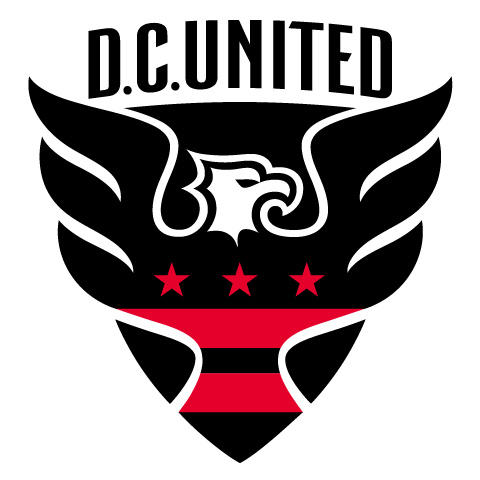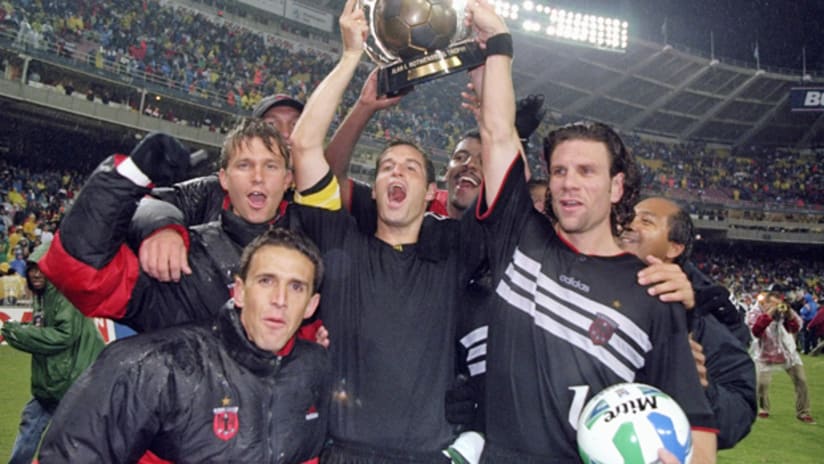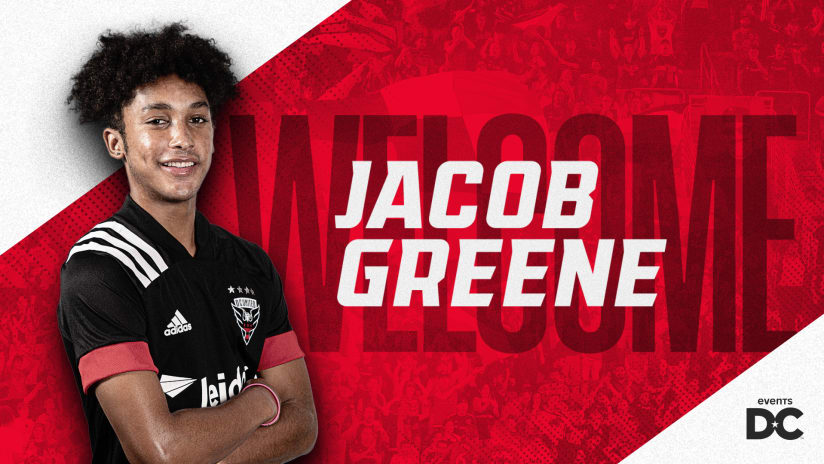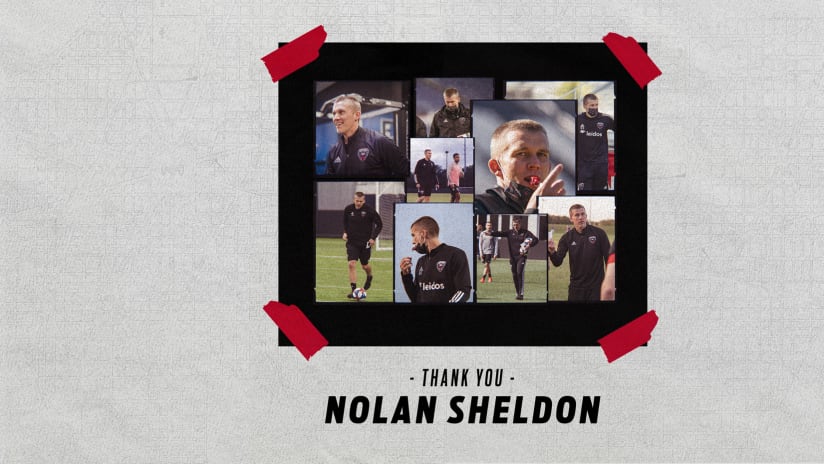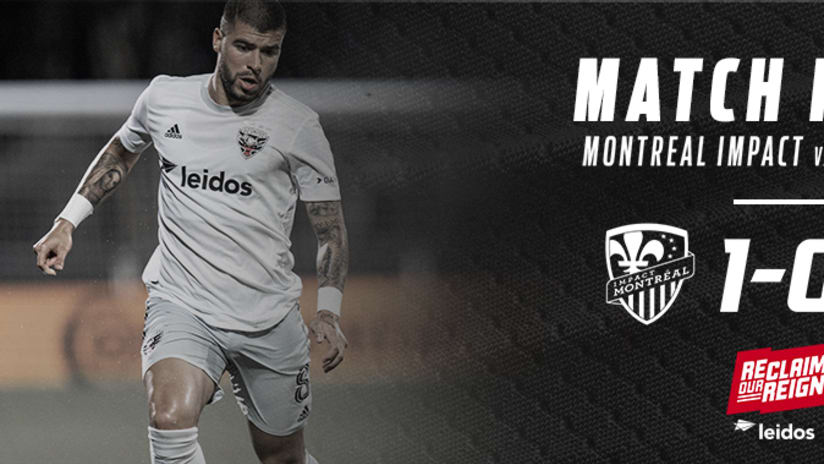Way, way back in the primordial ooze out from which MLS crawled, the league’s powers that be conceived of a format where the yearly campaign was merely a prelude to the playoffs. Eight of 10 teams qualified for the postseason, the regular-season champion wasn’t recognized outside of a No. 1 seed, and some fans threw a snit.
Traditionalists cried foul, making one of two arguments: that MLS should do things more like they’re done in Europe, the birthplace of the game (bad argument); or that the playoffs devalue regular-season accomplishments (good argument).
In what is still one of the greatest moments in MLS history, a collection of intrepid fans of the second argument got together and, with league blessing, created the Supporters’ Shield to honor the best regular-season team. It’s a perfect example of a business listening and responding positively to their most avid consumers.
That was in 1998. MLS didn’t do away with the playoffs, of course, and MLS Cup is still the league showcase (as it should be – and yes, we’ll get to that in a bit).
It took nearly a decade for the Shield to gain recognition outside the circles of MLS’ hard-core fanbase, but said recognition eventually came in the most tangible way: entry into continental competition. In 2006, MLS and the US Soccer Federation pushed to have the Shield winner granted entrance to the group stage of the CONCACAF Champions League. Same goes, of course, for the MLS Cup winner.
Around that time, with the expansion boom and brighter media lights, balanced schedules became a creeping inevitability, greatly benefiting the prestige of the Shield.
And the Shield needed it. Not to take anything away from the 2005 San Jose Earthquakes, for example, but their 64-point season was padded with a double-handful of games against expansion sides Chivas USA and Real Salt Lake. The New England Revolution didn’t have the same cushion that year and finished just five points short playing a much, much stronger slate.
In 2010, the balanced schedule became reality. There’s no arguing who was the best team from March through October of last year. The LA Galaxy earned their hardware and their Champions League spot.
So, too, did the Colorado Rapids, who weren’t even done taking their MLS Cup victory lap before a vocal minority of fans began questioning their championship bona fides – a silly argument since so many of the most high-profile competitions in the game, including the World Cup, the UEFA Champions League and the Copa Libertadores, are really just playoff-style competitions.
And despite overt snickering in some corners, the North American-style postseason is expanding in the so-called traditional soccer nations.
The English Championship now has a four-team playoff to determine the final promotion spot (there are already talks of expanding it to eight teams and two promotion spots). The 2.Bundesliga has the third-place finisher face the third-from-the-bottom one in the top flight; if the third-placed team loses, it doesn’t get promoted and the third-from-the-bottom doesn’t drop.
In Greece, there’s a playoff to determine European spots. And in Brazil, there were real, actual riots when they discontinued the playoff system a decade ago.
And, of course, the Mexican champion is determined by the liguilla playoffs.
So, yeah, MLS was ahead of the curve when it came to the postseason.
The end result here in MLS is that we have two different competitions that are perfectly complimentary.
Greatest double-winning team in MLS history?
online survey
Want to know which are the best MLS teams of all time? It’d be the ones came out on top in the 30-plus game grind of the regular season, then did the same in the three week slug-fest that is the playoffs.
The list of teams that have won both in the same year is short: 1997 and ‘99 D.C. United, the 2000 Kansas City Wizards, the ‘02 Galaxy and ‘08’s fantastic Columbus Crew side.
(For what it’s worth, both the ‘97 DC team and ‘02 Galaxy squad just missed out on the treble by falling in the US Open Cup final.)
There’s no better way to determine greatness. Not only are teams bloodied in different ways, but you can put an emphasis on whichever competition happens to light your fire.
Hans Backe, for example, wants to win the Supporters’ Shield. Last year’s Columbus Crew seemed to feel the same way, making not-so-subtle comments about Real Salt Lake’s 2009 MLS Cup win.
Bruce Arena and Sigi Schmid – the two men who’ve won everything there is to win in MLS – disagree. It’s MLS Cup or bust for their teams in 2011.
Both sides obviously have their merits. What Barcelona and Borussia Dortmund are doing this year – dominating their respective leagues – deserves to be celebrated and rewarded with a title.
Same goes for winning a cup final. There’s nothing quite like 90 minutes (or 120, as the case may be) with a title on the line.
That’s why MLS Cup will always be the league’s showpiece. Cramming nine months of intensity into a single event is great sport, great spectacle and great theater.
And the truth is, if you really want to be a great team, it's easy: Go win both.
Matthew Doyle can be reached for comment at matt.doyle@mlssoccer.com and followed at twitter.com/mls_analyst.
